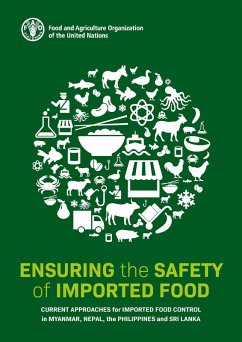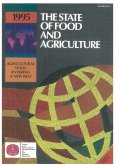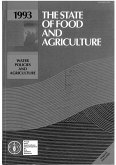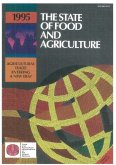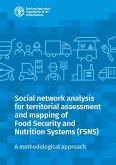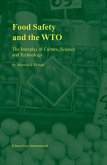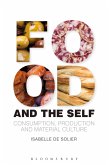Food products have been the third most valuable commodity group traded internationally, and imports constitute a significant proportion of the food supplies of developing countries in particular. FAO Members have expressed the need for technical support and guidance to achieve effective national imported food control systems. In 2017, FAO collaborated with the Governments of Myanmar, Nepal, the Philippines and Sri Lanka under the project entitled "Strengthening national capacity for risk-based food import control within a One Health framework" to support the countries in improving their existing systems of national imported food controls. National situation reports of the countries were developed to identify and document their systems' current status with their strengths and any improvements needed. Findings of the national situation reports have indicated that there are common approaches and tools that can be used to address the needs in all four countries, despite the differences in their levels of development, human capacities and institutional structures. The present document has compiled all four national situation reports and summarized some approaches and tools that would be applicable to most developing countries in the world, including the: 1) use of risk categorization to prioritize commodity and hazard combinations to create a concise and easy reference for border control officials so that high-risk and high-interest food items will receive more attention than other food items; 2) nationwide dissemination and use of standard operating procedures for risk-based inspections for imported foods to maintain consistency and transparency; and 3) systematic written communication mechanism among food safety competent authorities and relevant border control officials on importer profiles, the abovementioned risk categorization results, and required documents to achieve effective risk-based management for imported foods.
Dieser Download kann aus rechtlichen Gründen nur mit Rechnungsadresse in A, D ausgeliefert werden.

